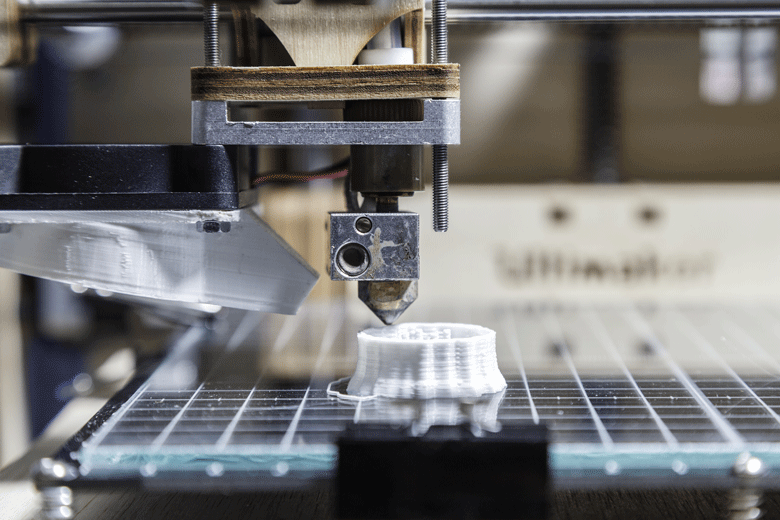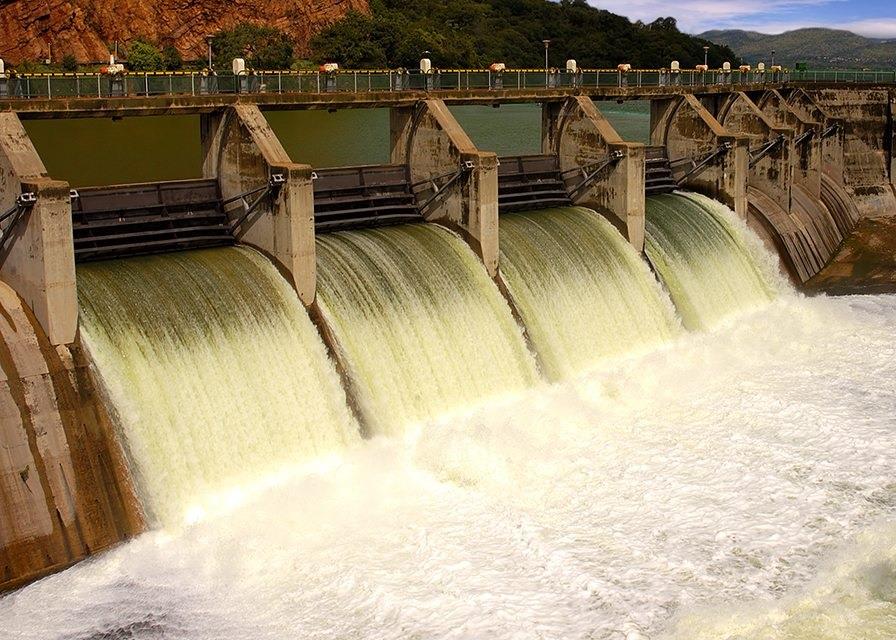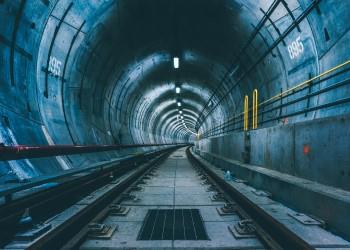

| By Fahmi al-Shawwa, chief executive officer at Immensa Technology Labs |
Immensa Technology Labs, a regional additive manufacturing (AM) company, has been working closely with numerous UAE and regional organisations on projects related to AM and utilisation of the technology in their respective operations.
Outside the oil and gas sector, Consolidated Contractors Company began working with Immensa in 2017 and, by the third quarter of 2018, had implemented AM across various functions within its organisation. Other companies, including Victory Team in the marine sector, Dubai Health Authority in the healthcare sector and Etihad Group in aviation, have all embraced the technology and are leveraging the value of AM.
Industry specific
In oil and gas, several companies in the region have started exploring AM. Arabian Oasis Industries (AOI), a division of Dubai-based Al-Shirawi group, has engaged Immensa to identify how it can leverage AM in its business. Today AOI and Immensa are working on multiple projects falling into three categories: custom replacement parts, optimising existing parts and certification of industry-specific parts.
 |
With regards to custom replacement parts, Immensa is reverse engineering and reproducing spare parts and components that are no longer supported by the original equipment manufacturer. This project has proven to be technically viable and is currently undergoing onsite testing.
Immensa and AOI are also exploring parts and components that are being produced using conventional fabrication processes, but can be optimised to take advantage of the AM process—for instance by combining multiple parts into one component.
 One part that is being evaluated for viability by Immensa for AOI is oilfield manifolds. To conclude whether a part is viable, it has to undergo a six-step process from design for AM, to operating conditions simulation testing, technology selection, material qualification, economic viability, physical testing, and, if required, third-party certification.
One part that is being evaluated for viability by Immensa for AOI is oilfield manifolds. To conclude whether a part is viable, it has to undergo a six-step process from design for AM, to operating conditions simulation testing, technology selection, material qualification, economic viability, physical testing, and, if required, third-party certification.
For the manifold project, the team is at stage five, during which it will be determined if it is economically viable to use AM for this part.
AOI is also working on a specific part for the oil and gas industry that requires American Society of Mechanical Engineers (ASME) certification. Since ASME is still in the process of developing standards for powder material usage, the company will work with Immensa and a certification organisation such as Lloyds Register over the coming months to determine if AM is the way forward.
Companies servicing the oil and gas sector, such as Kuwait-based Canar Trading & Contracting Company, which services Kuwait Oil Company among others, are moving forward and working with AM providers to better serve the requirements of clients.
Abu Dhabi-headquartered NSCC International, an engineering and marine works company, is also working with Immensa to identify parts within its drilling equipment that can be redeveloped and optimised for specific functions.
 This article is extracted from a report produced by MEED and Mashreq titled Disrupting Oil & Gas. Click here to download the report
This article is extracted from a report produced by MEED and Mashreq titled Disrupting Oil & Gas. Click here to download the report
To know more about the MEED Mashreq Partnership, get in touch with us at MEEDMashreqPartnership@meed.com or find more info on www.meedmashreqconstructionhub.com
You might also like...

Ajban financial close expected by third quarter
23 April 2024

TotalEnergies awards Marsa LNG contracts
23 April 2024

Neom tenders Oxagon health centre contract
23 April 2024

Neom hydro project moves to prequalification
23 April 2024
A MEED Subscription...
Subscribe or upgrade your current MEED.com package to support your strategic planning with the MENA region’s best source of business information. Proceed to our online shop below to find out more about the features in each package.




